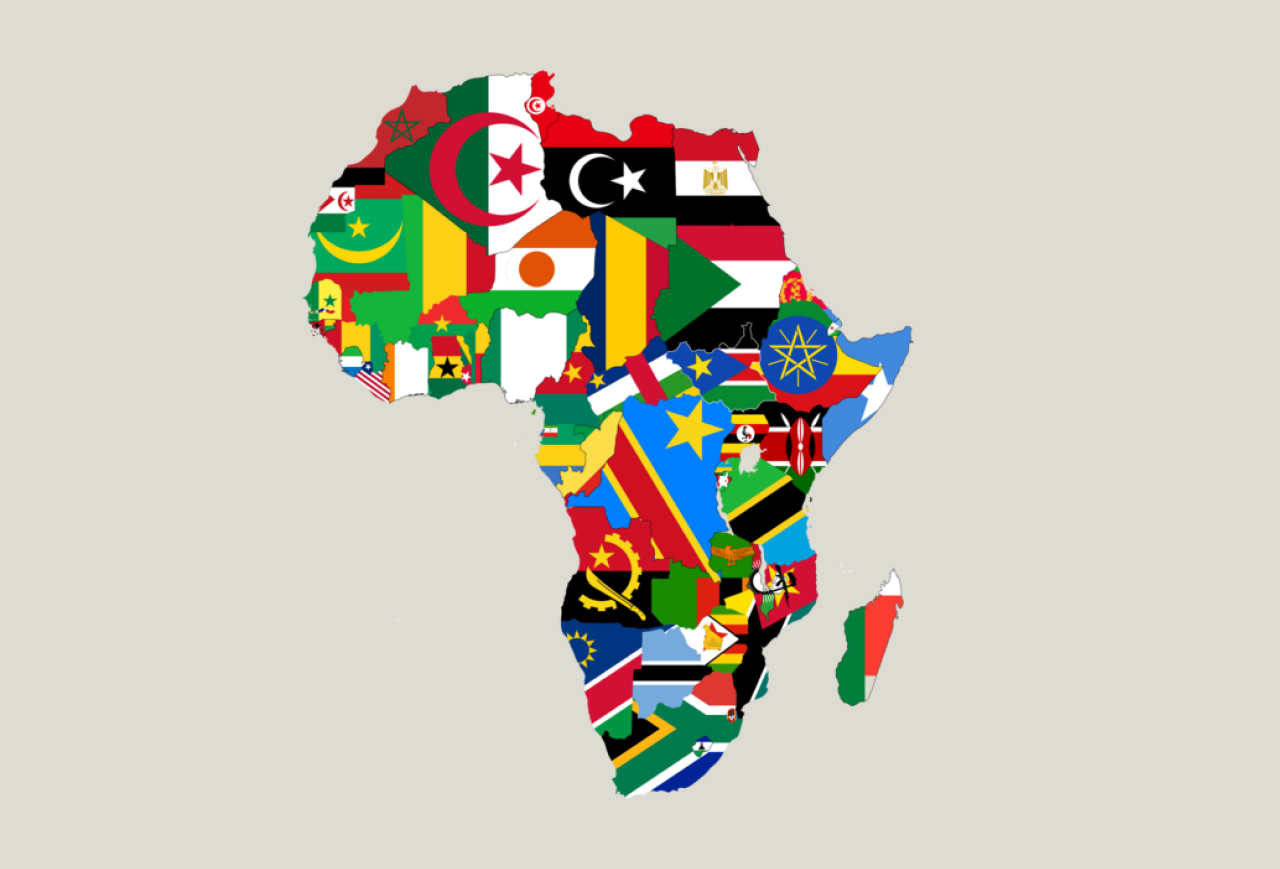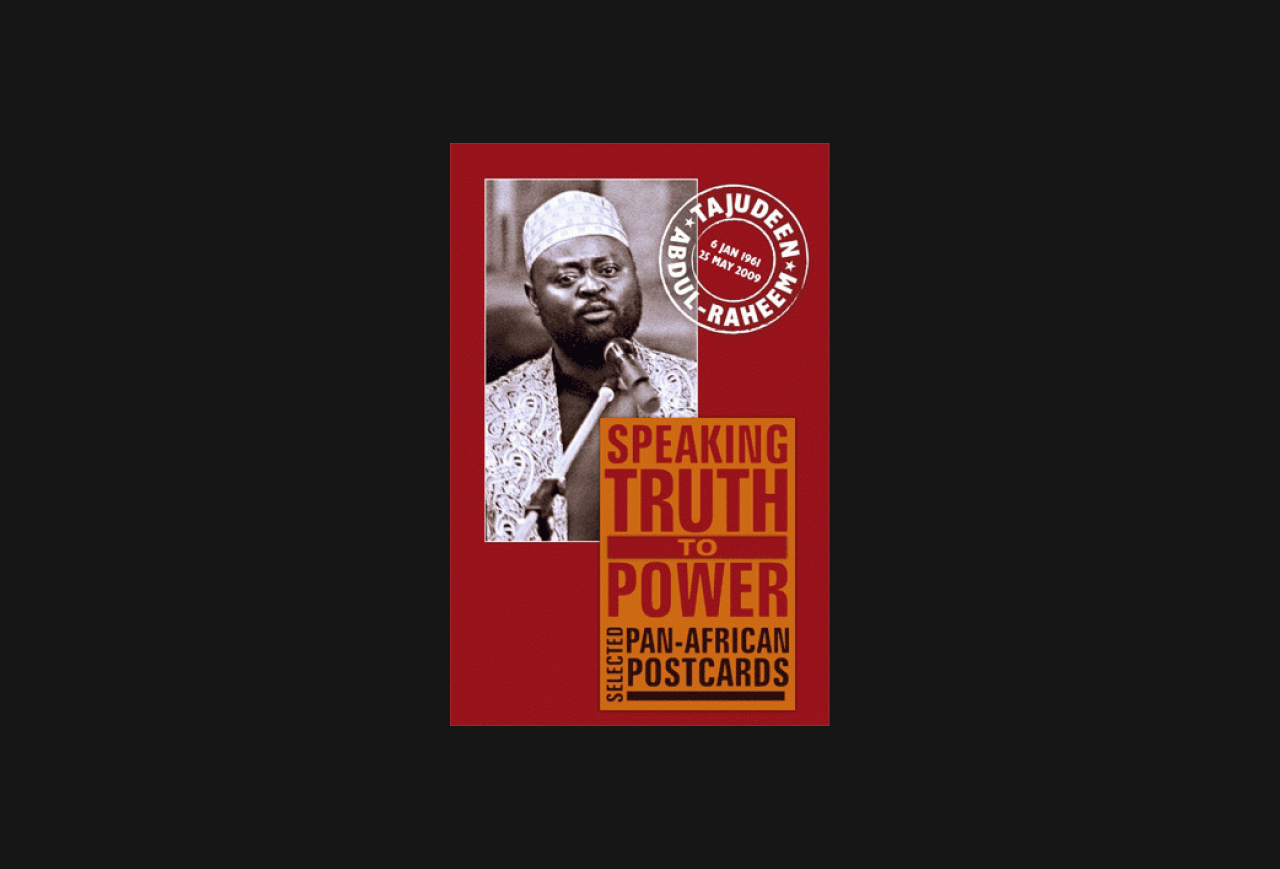My article, “The ‘Politics of Protection’: Assessing the African Union’s Contributions to Reducing Violence Against Civilians” is now available through International Peacekeeping
Abstract:
Does the African Union (AU) have an anti-atrocities strategy, and if so, how would one recognize it and assess its impact? This paper proposes two manners of responding to these questions. In this first instance, we can analyse whether the AU has implemented an anti-atrocities agenda that resembles efforts elsewhere, notably at the United Nations. Another approach would be to examine what distinct strategies, strengths, and capacities that the AU brings to the work of reducing threats of mass violence against civilians. This second approach reveals how the AU has innovated a politics of protection. Assessing the AU as both implementer and innovator of protection suggests a more complex picture of the organization’s strengths and weaknesses than assessing either role alone, and reveals that overemphasizing the importation of an agenda developed elsewhere may ultimately undermine the organization’s core capacities.
From the conclusion:
The AU’s approach to preventing and responding to threats of widespread and systematic violence against civilians has not been merely a weaker version of the approach adopted by the UN and hence cannot simply be improved by adding capacity within this framework. Instead, the AU approach emerged from continental recognition that the AU’s most powerful contribution resided in defining the political challenges and solutions, expanding consensus that violence against civilians would be cause for international engagement, commitment to governance norms regarding constitutional democracy, and mediating political solutions that would reduce the risk of atrocities. This approach does not single out mass atrocities as exceptional, but rather as the result of core political dysfunction. It is a necessary if incomplete framework for protecting civilians; but so are the approaches that emerge from ethical exceptionalism or legalistic humanitarianism. The greatest protection outcomes will result when international, regional, and national actors each develop their greatest protection assets in a system that reinforces rather than duplicates the strengths of the others.
The full essay is available here.


